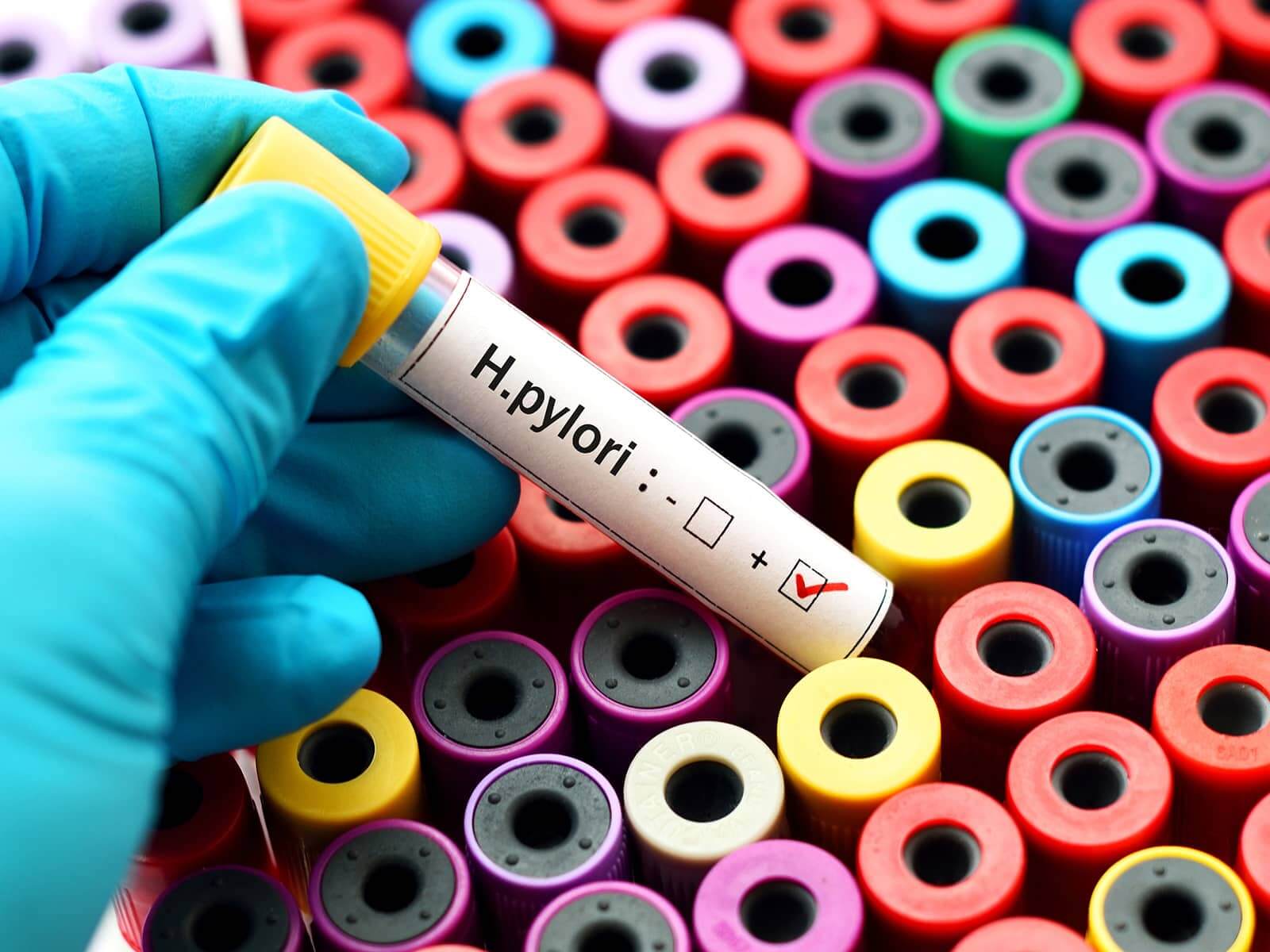
Helicobacter pylori (H. pylori) is a helically coiled bacteria that is found in the stomach wall. It can destroy protective coating of the mucus which causes inflammation, stomachache and peptic ulcers. H. pylori may be life-threatening to the individual, when not controlled, as it may include other serious diseases that may cause chronic gastritis or stomach cancer.
H. pylori persons are very often not even aware of any symptoms. Some of the symptoms, which do occur, include:
H. pylori is transmitted orally through faecal routes or orally. Normal processes that transmit infection are:
GastroDoxs is a specialized H. pylori treatment facility in Houston, which has board certified experts in the hospital who attend to the patient during the diagnosis process to the follow up treatment. Breath and feces test on-site and special antibiotic therapy, stomach acid control and professional nutrition training Richard coaching are combined so much that you would be better suited to fight successfully. Make a reservation our thoughtful staff will be pleased to answer your questions, lead you on the way and be the one to take you back in your easy life.
We've successfully treated more than 1.6K patients, helping individuals improve their digestive health and overall well-being through expert, personalized care.
With over 20 years of experience, GastroDoxs has been a trusted provider of gastroenterology care, focusing on delivering the best outcomes for patients
Yes, but it spreads slowly. To reduce the risk, hand hygiene must be practiced good hygiene and utensils sharing must be avoided.
None, but not too solemn, not everything.
The most suitable methods that are used in the detection of H. pylori are stool test and urea breath test.
You drink a special solution. In the mouth of the H. pylori, where it is, it kills the solution, and gives out a gas, of which you can smell in the breath.
Some of the herbal agents can be consumed-do not forget to consult your doctor. Do not replace them with the prescribed drugs.
The physicians tend to administer two antibiotics at the same time (amoxicillin and clarithromycin) more efficiently.
Light diet containing no irritant foods will be eaten and this will include yogurt, bananas, rice and vegetables. Caution to avoid oily, spicy and fried food.
The effects manifested in the Spanish tongue are stomachache, nausea, gastric, acid reflux (reflujo) and in certain cases, diarrhea.
The treatment process should typically take 10-14 days after which a follow up of the patient is made 4-6 weeks later to ensure that the bacteria is cleared.
Visit a gastroenterologist when the pain in your stomach is long-lasting, and you have the repeated reflux of the acid, and you do not understand why you lose weight, or any other issues bother you.